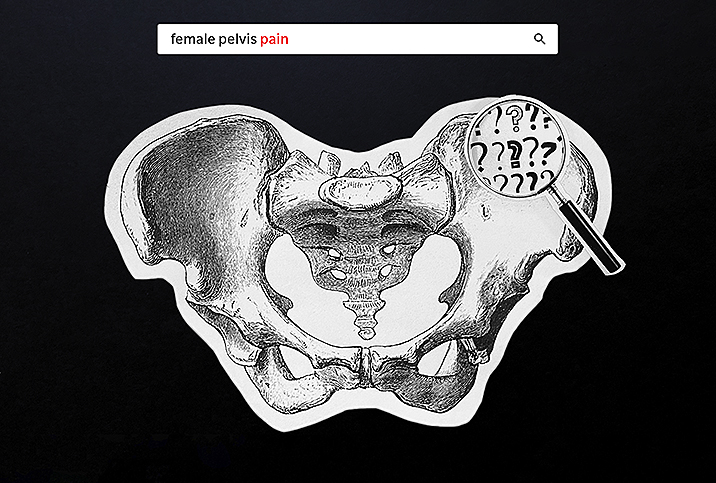What Is the Pelvic Floor and Why Does It Matter?

The pelvic floor is a layer of muscles that extend from the pubic bone to the tailbone. This muscle group holds up the bladder and bowels. Keeping this area in shape is essential to prevent uncomfortable issues later in life.
What happens when pelvic floor muscles are weak?
A strong pelvic floor helps maintain control of the bladder and the sphincter muscle. If your pelvic floor muscles become weak or damaged, you may experience urinary incontinence or have trouble controlling your bowels.
In many cases, the symptoms of a weak pelvic floor show up gradually. You may notice some urine leakage when sneezing or jumping. Eventually, this issue can worsen, leading to more significant problems.
Weak or tight pelvic muscles can also cause pain during intercourse. Plus, constipation may result from a weak pelvic floor, and in severe cases, a bladder, uterus or bowel prolapse can occur.
Who is at risk for a weak pelvic floor?
There are various causes of a weak pelvic floor, including advanced age, being overweight, a congenital effect, heavy lifting, injury in the area, menopause and pregnancy history or recent childbirth.
Is it possible to tighten a weak pelvic floor?
Kegels are the most common and effective exercise to strengthen the pelvic floor muscles. To do a Kegel, contract the pelvic floor for an increment of time (five seconds) and release for the same amount of time. These should be the same muscles you use for pausing or holding urination. Continue contracting and relaxing for several reps, just as you would with other strength-training routines.
Do Kegels with an empty bladder and remember to relax other muscles in your body to focus solely on the pelvic floor. Kegels are most effective when done regularly multiple times a day. Signs you may be tensing the wrong muscles include back or stomach pain or headaches. If you need help getting started with Kegels, talk to your OB/GYN or urologist for guidance.
Benefits of Kegel exercises
Kegels are easy to do because you can sneak in a set at any time. The most challenging thing is usually remembering to do them. Pairing Kegels with other activities, such as feeding your baby or brushing your teeth, will help form a habit.
Exercising the pelvic floor muscles improves bladder and bowel retainage. It can have positive effects on your sex life and help prevent prolapsing of the pelvic organs, a serious condition that often requires surgical repair. Doing Kegels to recover after childbirth or prostate surgery can help you get back to feeling like your younger self. Even if you don't have issues now, never underestimate the importance of the pelvic floor.


















